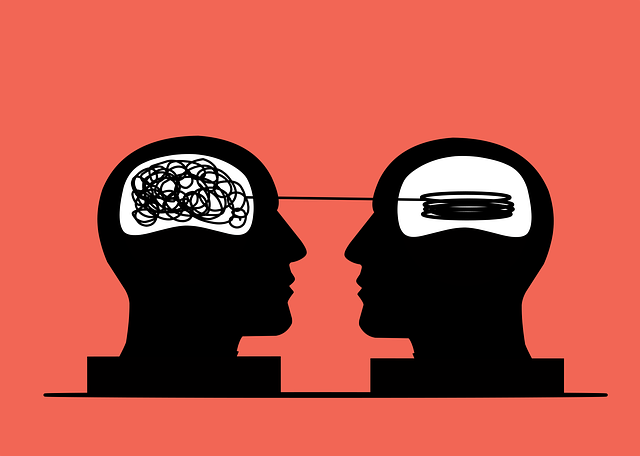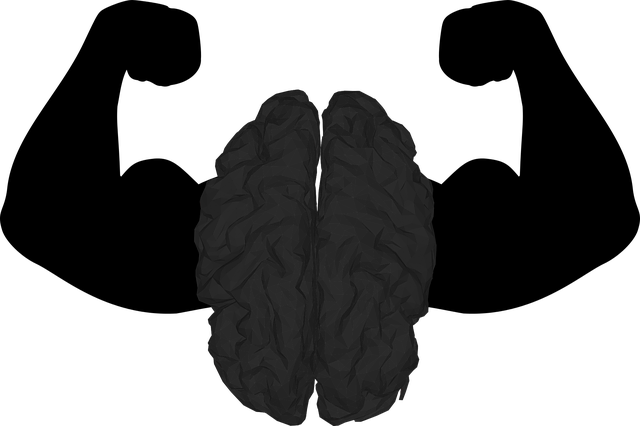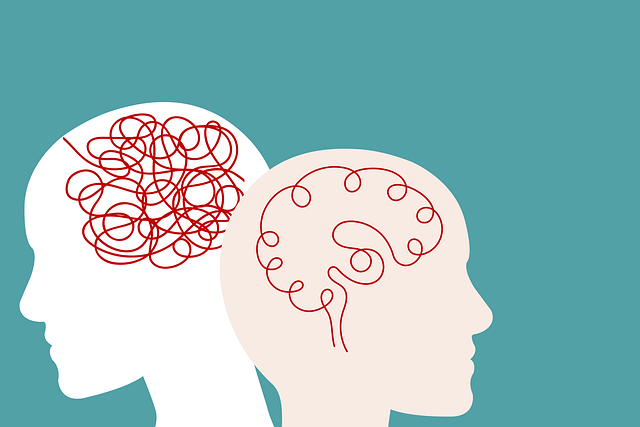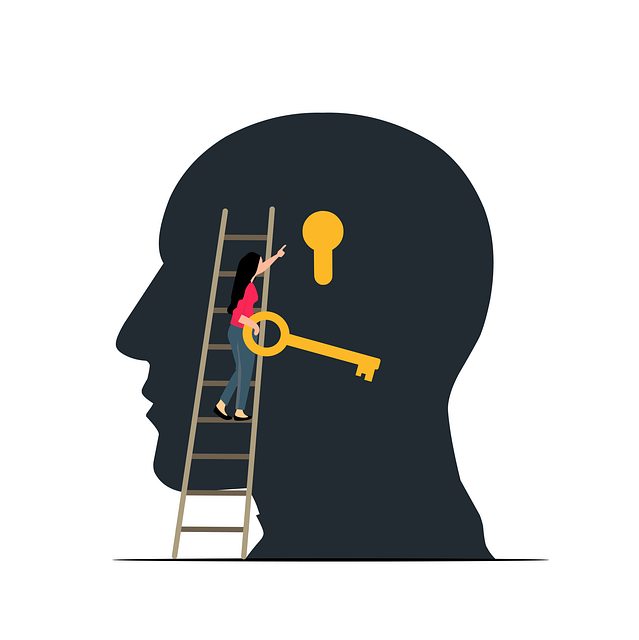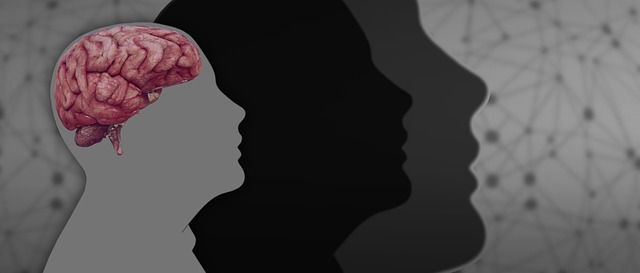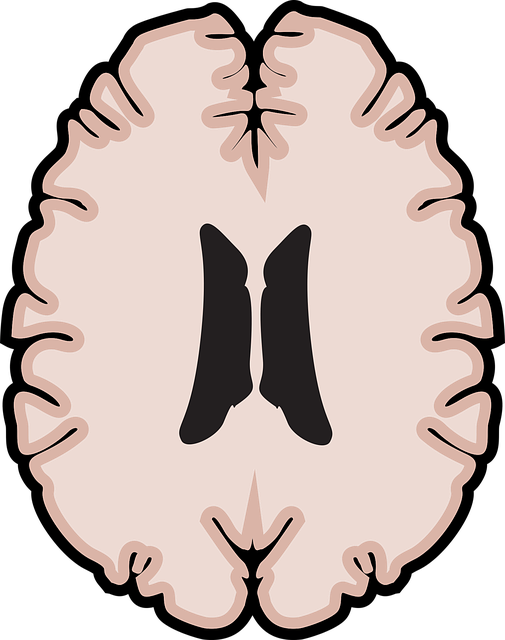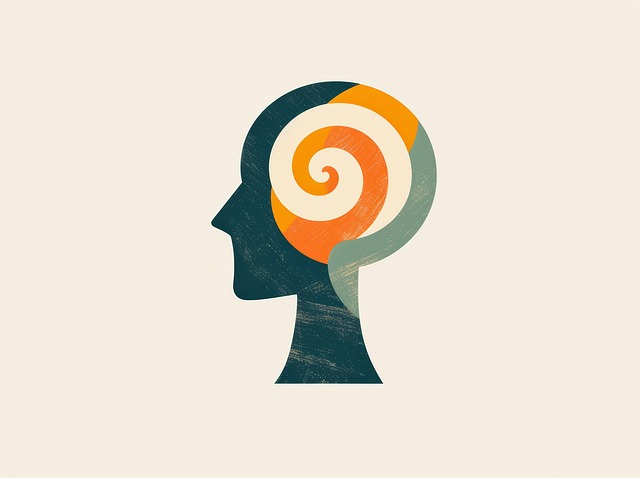In Littleton, understanding mental illness diagnoses involves a comprehensive evaluation by qualified professionals who discuss symptoms, medical history, and psychological well-being to accurately identify disorders. One revolutionary approach is Eye Movement Desensitization and Reprocessing (EMDR), a therapy combining exposure with bilateral stimulation to process traumatic memories and reframe negative beliefs. With the right treatment plan and community support from organizations like Stress Management Workshops and Mental Wellness Podcast Series, individuals can find relief from conditions like PTSD and anxiety. Littleton EMDR Therapy, proven effective in memory processing, encourages open conversations about mental wellness, destigmatizing illness and fostering better mood management in society.
Mental illness diagnosis and treatment can be a complex, often confusing journey. This article offers a comprehensive guide, highlighting essential steps in understanding mental health diagnoses and navigating effective treatments. We explore innovative therapies like EMDR, delving into its benefits.
Learn how to identify suitable treatment options and build a supportive network for recovery. Discover inspiring success stories, including the transformative power of Littleton EMDR Therapy, showcasing real-life improvements and emphasizing accessible resources available today.
- Understanding Mental Illness Diagnoses: Unveiling the Process
- The Role of EMDR Therapy: A Innovative Approach
- Navigating Treatment Options: Finding the Right Fit
- Building a Supportive Network for Recovery
- Success Stories: Transforming Lives with Littleton EMDR Therapy
Understanding Mental Illness Diagnoses: Unveiling the Process

Understanding Mental Illness Diagnoses: Unveiling the Process
Navigating mental illness diagnoses can be a complex and often daunting task for individuals seeking help. The process typically involves a comprehensive evaluation conducted by qualified healthcare professionals, such as therapists specializing in EMDR (Eye Movement Desensitization and Reprocessing) therapy in Littleton. This evaluation delves into an individual’s symptoms, medical history, and psychological well-being to determine the presence and nature of any mental health disorders. Key components include detailed discussions about thoughts, feelings, behaviors, and any relevant traumatic experiences, all aimed at unraveling the intricate web of mental illness.
The diagnosis stage is not just about labeling; it’s a crucial step toward tailoring effective treatment plans. For instance, EMDR therapy has proven successful in treating conditions like post-traumatic stress disorder (PTSD) by helping individuals process traumatic memories and reduce associated anxiety symptoms. By understanding the specific diagnostic criteria, healthcare providers can guide patients towards appropriate interventions, ultimately fostering mental wellness and alleviating anxiety through evidence-based practices. Mental illness stigma reduction efforts also benefit from transparent diagnoses, fostering a culture of empathy and support.
The Role of EMDR Therapy: A Innovative Approach

EMDR Therapy, or Eye Movement Desensitization and Reprocessing, has emerged as a groundbreaking approach to mental health treatment. This innovative therapy technique is making waves in the field, particularly in Littleton EMDR Therapy practices, offering new hope for individuals dealing with trauma and associated conditions. By focusing on the connection between emotions, memories, and bodily sensations, EMDR enables clients to process traumatic experiences and reduce their impact on daily life.
The core of this therapy involves guided eye movements or other bilateral stimulation methods, which help desensitize patients to distressing memories while simultaneously facilitating cognitive processing. This dual action promotes emotional regulation and allows individuals to reframe negative beliefs associated with past traumas. With its mind over matter principles, EMDR empowers patients to take control of their mental health journey, fostering resilience and a renewed sense of well-being.
Navigating Treatment Options: Finding the Right Fit

Navigating treatment options can be a daunting task for those experiencing mental illness. It requires careful consideration to find the right approach that aligns with individual needs and preferences. One effective method gaining traction is Littleton EMDR Therapy, which combines elements of exposure therapy with eye movement desensitization and reprocessing techniques. This innovative therapy has shown promising results in treating various conditions, including post-traumatic stress disorder (PTSD) and anxiety disorders.
For a personalized treatment plan, individuals should seek out healthcare providers with specialized training in mental health care. Cultural competency training ensures that professionals can offer culturally sensitive support, recognizing the impact of cultural background on mental wellness. Additionally, engaging in community resources like Stress Management Workshops Organization or listening to Mental Wellness Podcast Series can provide valuable insights and coping strategies to complement professional treatment.
Building a Supportive Network for Recovery

Building a supportive network is a cornerstone for navigating mental illness diagnosis and treatment. This involves cultivating relationships with understanding friends, family, or support groups who can offer emotional backing and practical assistance. In Littleton, EMDR therapy has proven effective in helping individuals process traumatic memories and promote healing. A strong network complements such therapeutic interventions by providing a safe space to express vulnerabilities and share victories during the recovery journey.
Community outreach programs play a vital role in fostering these networks. Implementing initiatives that connect individuals with mental health resources, such as support groups or educational workshops, can facilitate open conversations about mental wellness. Additionally, Mental Wellness Journaling Exercises Guidance encourages self-reflection and tracking progress, empowering individuals to take an active role in their recovery. This holistic approach, combined with advocacy through Mental Health Policy Analysis, ensures that those navigating mental illness have access to comprehensive resources tailored to their unique needs.
Success Stories: Transforming Lives with Littleton EMDR Therapy

In a world where mental health challenges are increasingly recognized as common and treatable, success stories like those achieved through Littleton EMDR Therapy stand as shining examples of hope and healing. This innovative therapeutic approach has transformed countless lives, offering new perspectives and improved well-being to individuals struggling with various mental illnesses. By focusing on desensitization and reprocessing traumatic memories, Littleton EMDR Therapy helps patients overcome past wounds, enhancing their ability to manage mood and navigate life’s challenges more effectively.
The impact of this therapy extends far beyond individual transformation. As public awareness campaigns for mental health gain momentum, the success stories associated with Littleton EMDR Therapy contribute significantly to the broader goal of destigmatizing mental illness. Increased visibility encourages open conversations about mental health, fostering an environment where those in need can access the support and treatment they deserve. This, in turn, promotes better mood management and contributes to a society that prioritizes mental well-being, much like a vibrant tapestry woven with threads of understanding, empathy, and recovery.
Mental illness diagnosis and treatment can be a complex journey, but with the right guidance, recovery is achievable. From understanding the diagnostic process to exploring innovative therapies like EMDR, this article has outlined essential steps for navigating mental health care. The success stories shared highlight the transformative power of Littleton EMDR Therapy, demonstrating its ability to help individuals find hope and healing. By building a supportive network and embracing effective treatment options, those facing mental illness can embark on a path to improved well-being.
